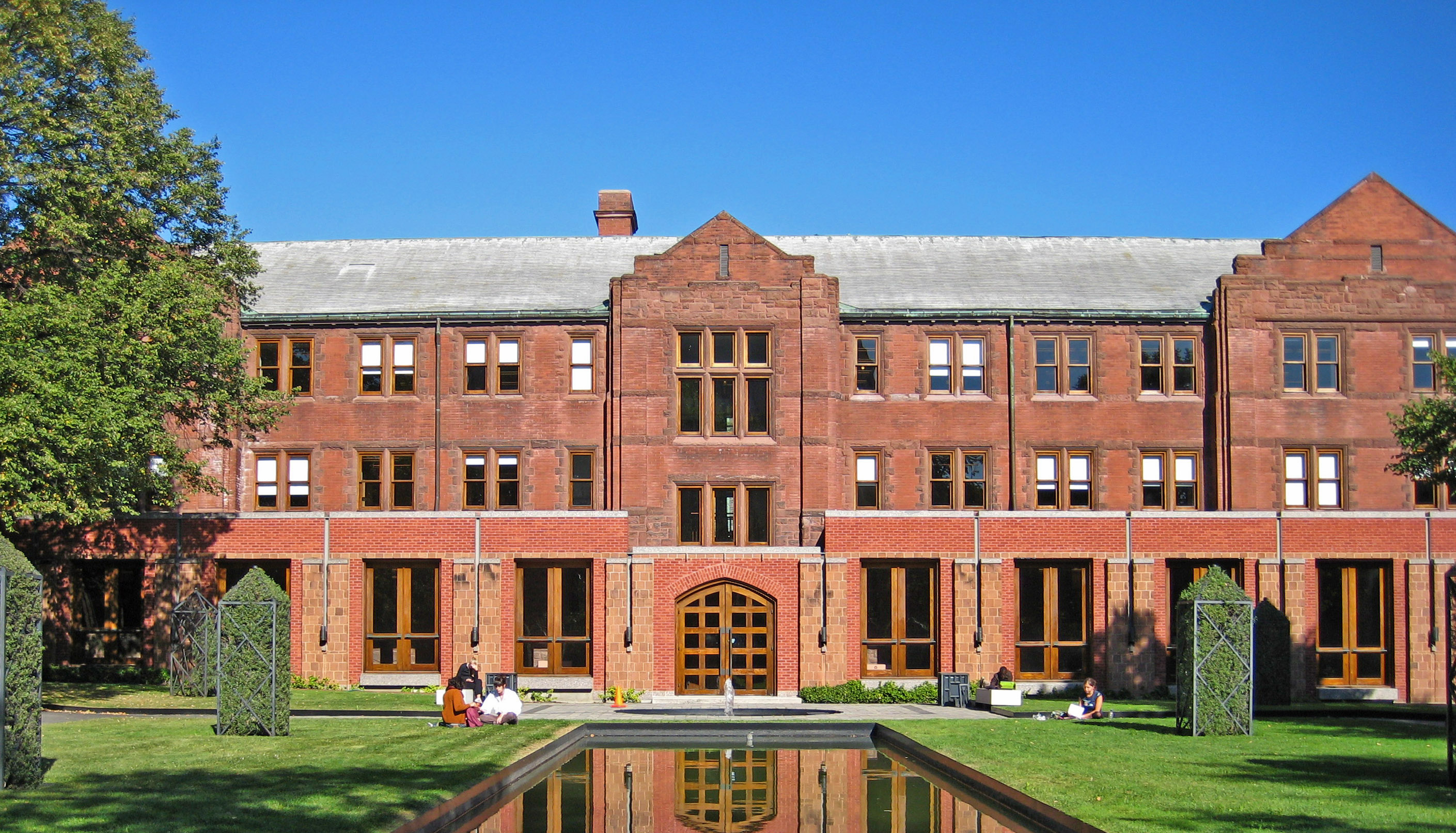There was a time when people would have laughed at the thought of someone attacking Canada. I remember after September 11th when some news agencies asked “Could this happen in Canada?” Despite the fact that many of us were aware of the possibility of it, the majority thought it unlikely; who would want to hurt Canada? Well, the fact is people do want to hurt Canada and its interests. Instead of being an attack from abroad, however, its people from within our country who are taking up the cause.
This year has not been easy for Canada when it comes to acts of terrorism. Not only have we witnessed John Nuttall, a recent convert to Islam, and his common-law wife Amanda Korody, who attempted to bomb the BC legislature on Canada Day, but also the VIA Rail bomb plot, which was uncovered by a joint CSIS and FBI operation.
Beside the attempts to attack Canada from inside, it has been uncovered that Canadians have been playing influential roles in terrorist attacks committed abroad as well. For example, two Canadian dual nationals were among the deceased Islamist militants at the scene of the deadly January siege of an Algerian gas plant. Moreover, a Canadian-Lebanese dual national was behind the Israeli tourist bus bombing in Bulgaria last July. It is suspected that he used his Canadian passport to enter Bulgaria.
The reasons for Canadians’ participating in homegrown and lone wolf terror vary, and there is not one sole motivation for Canadians. Whether they were born or migrated to Canada, they are religious radicals. As leading terrorist scholar, Brian Michael Jenkins argues, religion does play a factor, but is typically not the key component.
This is evident when analyzing the motivations of those arrested in connection with the “Toronto 18” terrorist plot. According to Maclean’s, one member, Saad Gaya, became convinced that “detonating bombs in his home country was a rational response to Canada’s military mission in Afghanistan.” Furthermore, according to Macleans, another member of the group, Zakaria Amara, turned to terrorism when the “daily drudgery of working in dead-end, low-paying jobs helped to create an intellectually stunted environment.”
What is obvious is that the nature of religious inspired terrorism is evolving. Al Qaeda-inspired terrorism is now simply about high-profile attacks from abroad. According to Macleans, Al Qaeda is moving towards inspiring individuals abroad using a single grievance narrative that “the world is fundamentally “at war with Islam” and using a “one-size-fits-all explanation” for marginalized, unfortunate individuals all over the world. Aided by modern technologies such as the Internet and e-magazines, Al Qaeda sects have been able to disseminate their propaganda throughout the world. This can been seen in the Boston Marathon bombing attempt, as the Tsarnaev brothers were inspired and got their bomb making instructions from the first article of the Internet-based, English-language magazine Inspire, entitled “How to Make a Bomb in the Kitchen of Your Mom.” Inspire is a creation of Anwar al-Awlaki who was a Yemeni citizen and functioned within Al Qaeda in Yemen. Al Qaeda in Arab Peninsula AQAP is the main sect responsible for the publications. Many of those who have written in it are AQAP members.
The fact of the matter is that all countries in the West are at risk from these types of attacks. Involvement of Canadian troops in countries like Afghanistan, the attractiveness of a Canadian passport for easy travel, combined with a convincing grievance narrative are making Canada an attractive target for international and home grown terrorists.
So far, Canadian officials have been successful in thwarting attacks before they have happened, and politicians have responded by putting forward legislation that would strip Canadian citizenship from any dual-national who is convicted of terrorist attacks abroad. In addition, cooperation among security and immigration services in the Allied countries is of the utmost important.
Despite the argument that marginalization and societal grievances are the primary reasons for radicalization, many scholars are now beginning to see that the reasons for undertaking religious based terrorism vary, and they are unique to individuals. Individuals can be successful, Canadian-born, university graduates like Saad Gaya, angry at military involvement abroad, or angry at personal situations in their lives, like Saad Khalid of the “Toronto 18” who took to terrorism due to the hurts felt after his mother’s death. As Jenkins points out, anger, resentment and humiliation are common themes amongst those who turn to terrorism; however, crises that bring them to that point are personal. He states, “For a lot of these young men, the ideology has become a conveyor of individual discontent. Terrorism has become a solution to an unsatisfactory life.”
It is impossible for governments and security institutes to rectify all the grievances and personal issues that lead a person to take up terrorism. Recent scandals such as the NSA programs have shed light on some of the troubles that come with intelligence gathering and sharing. Nonetheless, cooperation in intelligence sharing and intelligence gathering must remain a priority if we are going to continue thwarting attacks around the world, including Canada.




